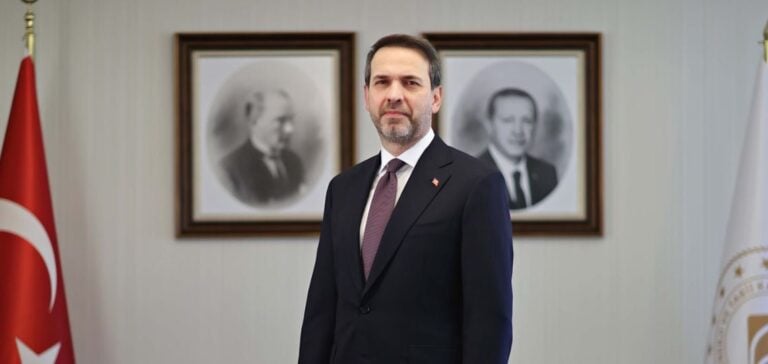Turkey has officially announced the dispatch of a delegation from its Ministry of Energy to Syria to support the reconstruction of critical energy infrastructure. This initiative follows the fall of Bashar al-Assad’s regime, marking a significant step in the relations between the two countries.
Alparslan Bayraktar, Turkey’s Minister of Energy, confirmed the mission during a meeting of the ruling AKP (Justice and Development Party) in the Anatolian province of Nevsehir. “A team from our Ministry of Energy is on its way to Damascus,” said the minister. The main objective of this mission is to evaluate existing infrastructure, identify energy and electricity needs, and initiate an action plan to ensure quick access to these essential services.
Since the beginning of the Syrian civil war in 2011, Turkey has played a major role by hosting nearly three million Syrian refugees. Recent political developments in Syria have renewed hopes of return for many refugees, with 31,000 Syrians already returning, according to Turkish officials.
Mr. Bayraktar highlighted Ankara’s humanitarian efforts during the conflict, stating that “Turkey was on the right side of history” by offering refuge to displaced populations. He also stressed the importance of rebuilding Syria’s infrastructure, which is crucial for stabilizing the country and allowing a return to normalcy.
An Emergency Plan for Syria
The consequences of over a decade of civil war have left Syria with severely damaged energy infrastructure, making access to electricity difficult for millions of people. The Turkish delegation aims to provide technical expertise and identify priority areas for rehabilitation.
According to the minister, this energy cooperation represents a first step towards reviving a weakened Syrian economy. “It is crucial to bring Syria back to life, a country whose infrastructure has been devastated,” Mr. Bayraktar added. The initiative notably includes the rehabilitation of power plants and distribution networks.
Humanitarian and Strategic Stakes
This energy initiative is part of a broader context of increased regional cooperation. By strengthening its role in Syria, Turkey also aims to stabilize its own borders while encouraging the return of Syrian refugees. The reconstruction of essential infrastructure is seen as a strategic lever to facilitate the reintegration of displaced populations.
At the same time, this mission aligns with a political agenda. By actively participating in reconstruction efforts, Ankara seeks to enhance its influence in a key regional country while solidifying its role as a major humanitarian player. However, the task ahead is daunting given the extent of destruction and logistical challenges on the ground.






















